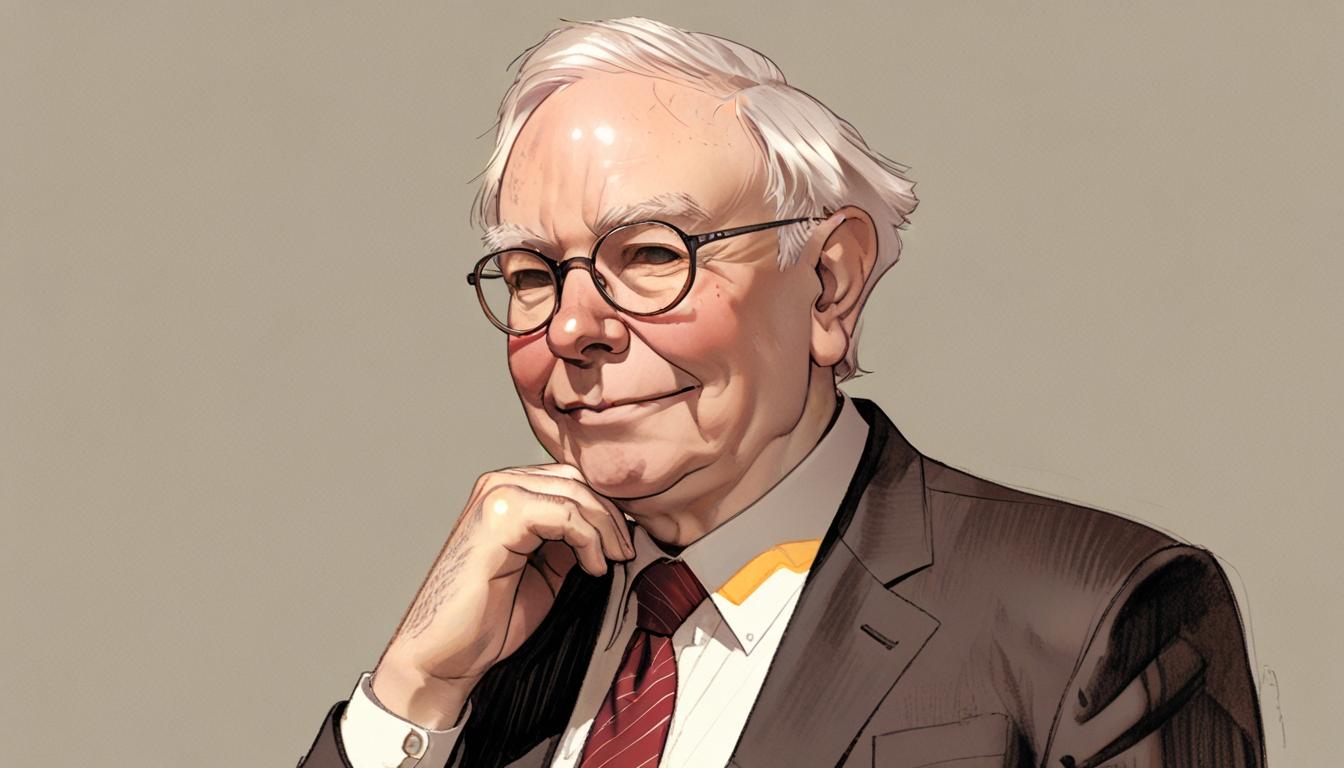American chief executives are now expressing admiration for Warren Buffett as he prepares to step down from his role as chief executive of Berkshire Hathaway. Buffett has enjoyed a remarkable career, delivering returns that exceed the S&P 500 by more than 140 times over a span of 60 years. His legacy as a value investor has created significant wealth for countless individuals, making him a standout figure in corporate America.
Buffett's tenure, spanning 55 years, is the longest among CEOs in the S&P 500. However, his impending departure has raised concerns among shareholders, as evidenced by a 5 per cent drop in Berkshire Hathaway's shares following the announcement. While many might wish for his continued leadership, research suggests that there can be diminishing returns on a chief executive’s contribution after about 14 years in the position. The trend in corporate leadership reflects a shift towards shorter tenures; since 2021, the average length of service for S&P 500 leaders has decreased from 11 years to eight.
Adding complexity to Buffett's legacy is his unique share structure at Berkshire Hathaway. He controls 30 per cent of the voting power with only 14 per cent of the equity, an arrangement that has raised questions regarding governance and influence. Dual-class shares, more prevalent in today's market, can significantly skew voting power. In fact, more than 20 per cent of US initial public offerings now feature such structures, especially in the technology sector, where some companies allow insiders to maintain considerable control regardless of their equity stake.
Berkshire Hathaway's uncomplicated two-class share system distinguishes itself from the increasingly common multi-class structures found in modern firms. For instance, companies like Palantir and Faraday Future Intelligent Electric have implemented elaborate voting mechanisms that further entrench founding members' power.
Despite the complexities of his shareholding power, Buffett's dual-class shares appear to serve multiple interests. The lower-voting shares were introduced in 1996 to offer retail investors a more accessible entry point. Furthermore, Buffett has committed to converting his stake into lower-voting shares that will be gradually sold after his passing, a move that could influence other founders like Mark Zuckerberg at Meta Platforms, who currently enjoy less scrutiny over their extended voting rights.
As Buffett's remarkable career draws to a close, his influence on the financial landscape is undeniable. While future corporate leaders may seek to emulate his success, it remains essential to recognise that figures of Buffett’s calibre are exceedingly rare. With many executives likely to cite his achievements as justification for their own privileges, the key takeaway is that exceptional leaders like Buffett truly are one in a million.
Source: Noah Wire Services
